Five takeaways from Rachel Reeves' Spending Review
The winners and losers as the government sets its budgets for the next four years

A free daily email with the biggest news stories of the day – and the best features from TheWeek.com
You are now subscribed
Your newsletter sign-up was successful
Rachel Reeves has announced the government's departmental budgets in her Spending Review, with housing, health and defence the big winners, while the Home Office loses out.
The Chancellor said that the review was part of the government's mission for "Britain's renewal", particularly highlighting an increase in capital investment on infrastructure projects. But with all budgets, there are winners and losers, and a number of areas in public spending could begin to feel the pinch very quickly.
Here are five key takeaways from the government's Spending Review.
The Week
Escape your echo chamber. Get the facts behind the news, plus analysis from multiple perspectives.

Sign up for The Week's Free Newsletters
From our morning news briefing to a weekly Good News Newsletter, get the best of The Week delivered directly to your inbox.
From our morning news briefing to a weekly Good News Newsletter, get the best of The Week delivered directly to your inbox.
Huge investment in infrastructure, nuclear power and housing
The government is eager to shout about its investment in transport infrastructure and nuclear projects in this review. Reeves has committed £113 billion in extra capital spending, including £15 billion on transport outside London and £14.2 billion on the Sizewell C nuclear power plant, part of an £86 billion fund to "boost science and technology".
While "there was a big emphasis on energy investment", it may be that we "have to wait for the infrastructure strategy published next week for the details", said the BBC's business editor Simon Jack.
Deputy Prime Minister and Housing, Communities and Local Government Secretary Angela Rayner has also secured a bump in funding for social housing, having reportedly remained in negotiations with Reeves until last Sunday. Social housing will receive £39 billion over the next 10 years, taking the annual spend from £2.3 billion a year to £4 billion a year by 2030.
Education has also been an unexpected beneficiary in the Spending Review, receiving an uplift of £4.5 billion a year, while the government will also boost the Justice Department by £4.7 billion to build three new prisons.
A free daily email with the biggest news stories of the day – and the best features from TheWeek.com
Frustration at the Home Office
Home Secretary Yvette Cooper is said to be on "resignation watch" after a "tense stand-off" with the chancellor over the Home Office budget, said The Telegraph.
The increase in spending elsewhere looks to be coming at the expense of the Home Office, with the final budget on the likes of the police and Border Force far below what Cooper was asking for.
The police will get a spending increase in real terms up to 2029, but the home secretary has argued this will not be enough and could see Labour fall short on its manifesto pledge to halve knife crime and recruit more police officers.
There are warnings, too, that more pressure could be piled on to local councils, many of which are already struggling to maintain adequate funding for social care and local services.
Health and defence given the biggest boost
As was widely expected, the NHS has received the biggest spending increases in the review. Wes Streeting will receive a £30 billion uplift in day-to-day spending as the government desperately tries to fulfil its pledge to cut waiting times.
However, NHS managers have said even this increase in funding will not be enough to hit government targets and represents a 3% real-terms rise, below the 4% the health secretary has requested.
There are also concerns that there is no budget to support health infrastructure, the chancellor instead is funnelling money towards transport and energy. Streeting has already said that the NHS "desperately needs new buildings and new hospitals" to properly support patients. In lieu of government funding, NHS officials "could consider" private financing to build and repair hospitals, said The i Paper.
Defence is another big winner with the government continuing to invest in the armed forces as it aims to meet a 2.5% of GDP spending target by 2027. The UK is under pressure from Nato to reach 3.5% of GDP to shore up Europe's defences in case of potential Russian aggression and waning support from the US.
The increase in the Spending Review will equate to around £5 billion per year, and could be funded by cuts to the International Aid budget.
Investment prioritised over day-to-day spending
The government's target is to increase public spending, and in the long term, that looks to be true thanks to the massive cash injection into infrastructure and energy. But there are questions over how long the investments will take to yield results, with many departments facing real-terms cuts or freezes in the short term.
Labour MPs know "how important it is they are seen to deliver and deliver quickly", said Chris Mason at the BBC. The government is banking on investment in the future paying off, but is leaving itself with "little room for manoeuvre" for further immediate, tangible changes for people.
Style over substance?
Paul Johnson, outgoing head of the Institute for Fiscal Studies, was not impressed by today's Spending Review. "Not sure I've ever listened to a chancellorial speech so hard to work out what is happening," he posted on X. In "rattling off huge number of figures" Reeves is attempting to make it "look like big increases in spending on everything". But "bear in mind current spending on average on all other than NHS not rising".
With her rhetoric Reeves also took aim at Conservative economic policy, declaring austerity a "destructive choice for the fabric of our society". The problem Reeves faces, said Michael Simmons in The Spectator, "is that austerity, at this point, is more of a vibe than a technical definition". A recent Ipsos poll showed that half the population already believes we are living through it.
Richard Windsor is a freelance writer for The Week Digital. He began his journalism career writing about politics and sport while studying at the University of Southampton. He then worked across various football publications before specialising in cycling for almost nine years, covering major races including the Tour de France and interviewing some of the sport’s top riders. He led Cycling Weekly’s digital platforms as editor for seven of those years, helping to transform the publication into the UK’s largest cycling website. He now works as a freelance writer, editor and consultant.
-
 Local elections 2026: where are they and who is expected to win?
Local elections 2026: where are they and who is expected to win?The Explainer Labour is braced for heavy losses and U-turn on postponing some council elections hasn’t helped the party’s prospects
-
 6 of the world’s most accessible destinations
6 of the world’s most accessible destinationsThe Week Recommends Experience all of Berlin, Singapore and Sydney
-
 How the FCC’s ‘equal time’ rule works
How the FCC’s ‘equal time’ rule worksIn the Spotlight The law is at the heart of the Colbert-CBS conflict
-
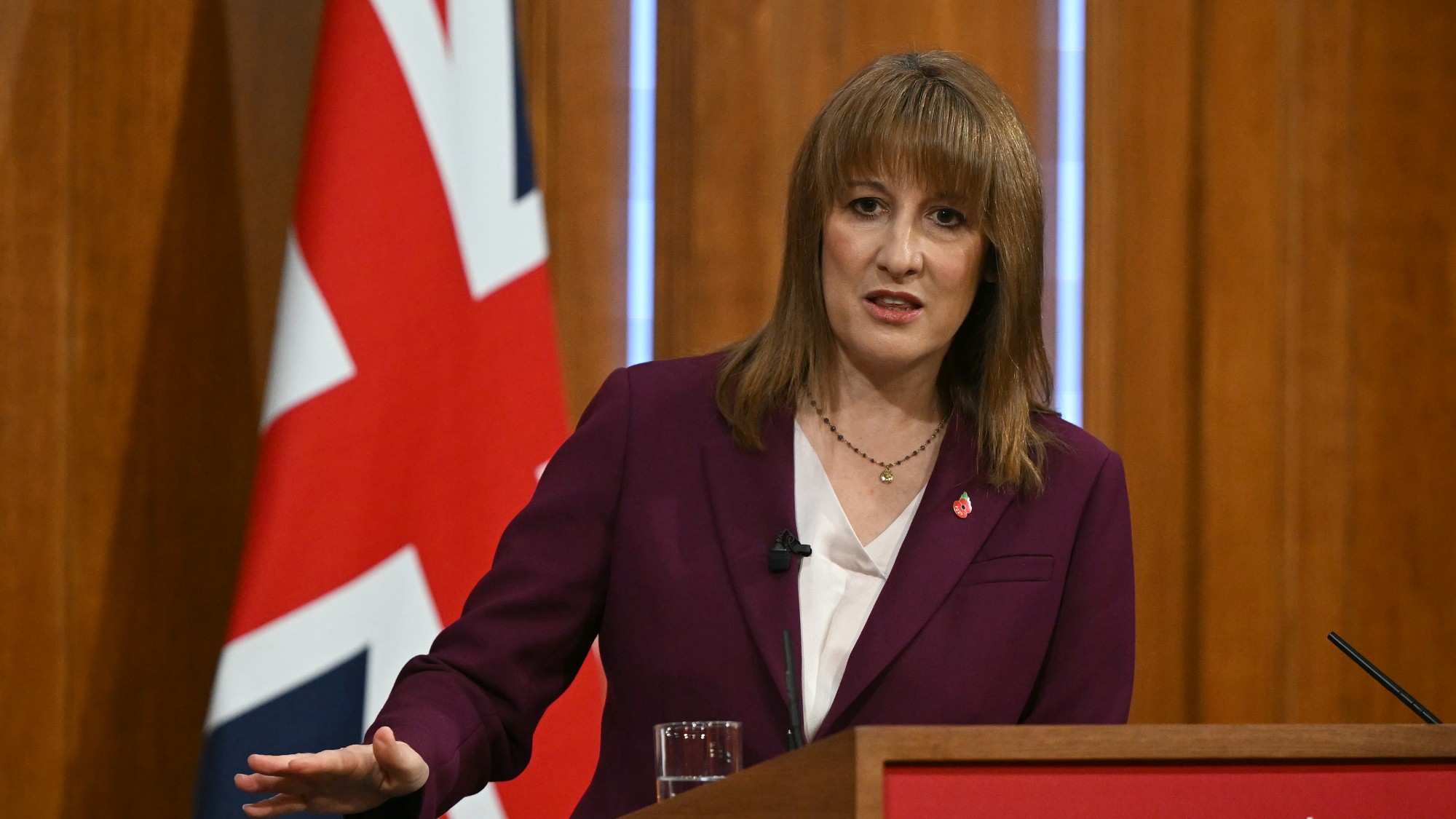 Will Rachel Reeves’ tax U-turn be disastrous?
Will Rachel Reeves’ tax U-turn be disastrous?Today’s Big Question The chancellor scraps income tax rises for a ‘smorgasbord’ of smaller revenue-raising options
-
 Will the public buy Rachel Reeves’s tax rises?
Will the public buy Rachel Reeves’s tax rises?Today’s Big Question The Chancellor refused to rule out tax increases in her televised address, and is set to reverse pledges made in the election manifesto
-
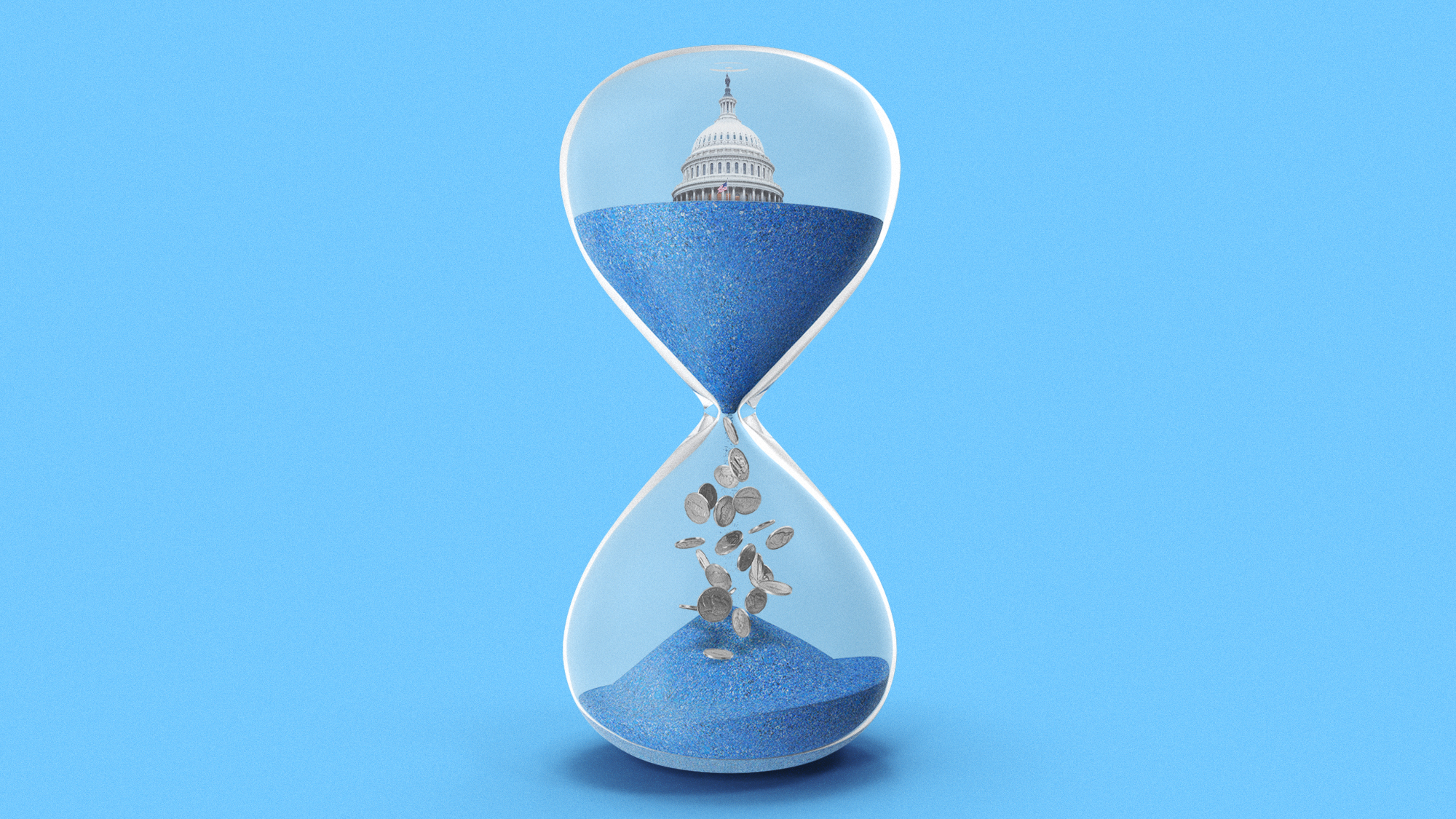 What's a pocket rescission and can Trump use one?
What's a pocket rescission and can Trump use one?The Explainer The White House may try to use an obscure and prohibited trick to halt more spending
-
 Mortgage reform: is Rachel Reeves betting the house on City rules shake-up?
Mortgage reform: is Rachel Reeves betting the house on City rules shake-up?Today's Big Question Reforms could create up to 36,000 additional mortgages next year
-
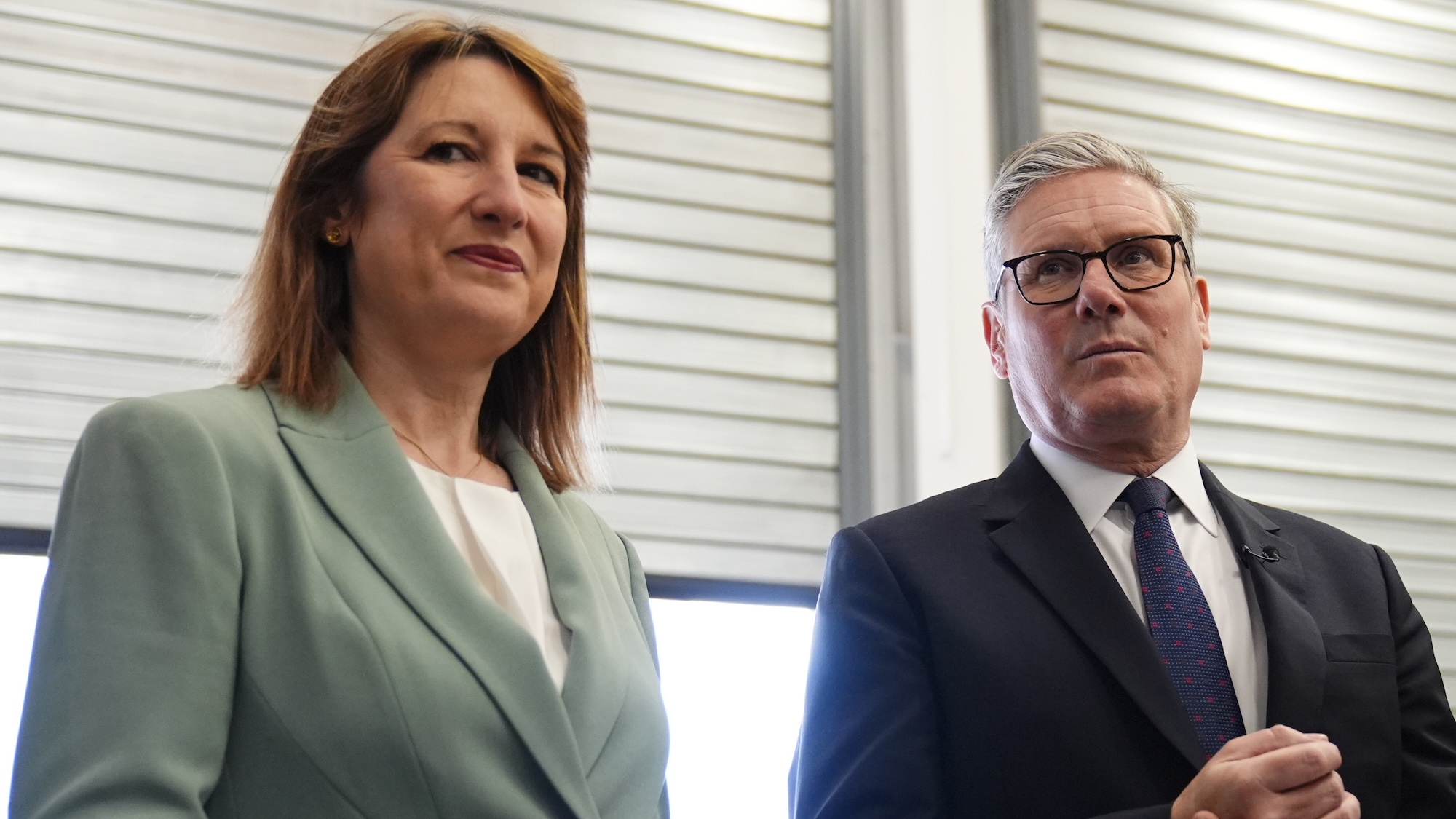 How will Labour pay for welfare U-turn?
How will Labour pay for welfare U-turn?Today's Big Question A dramatic concession to Labour rebels has left the government facing more fiscal dilemmas
-
 Are we on the brink of a recession?
Are we on the brink of a recession?Today's Big Question Britain's shrinking economy is likely to upend Rachel Reeves' Spring Statement spending plans
-
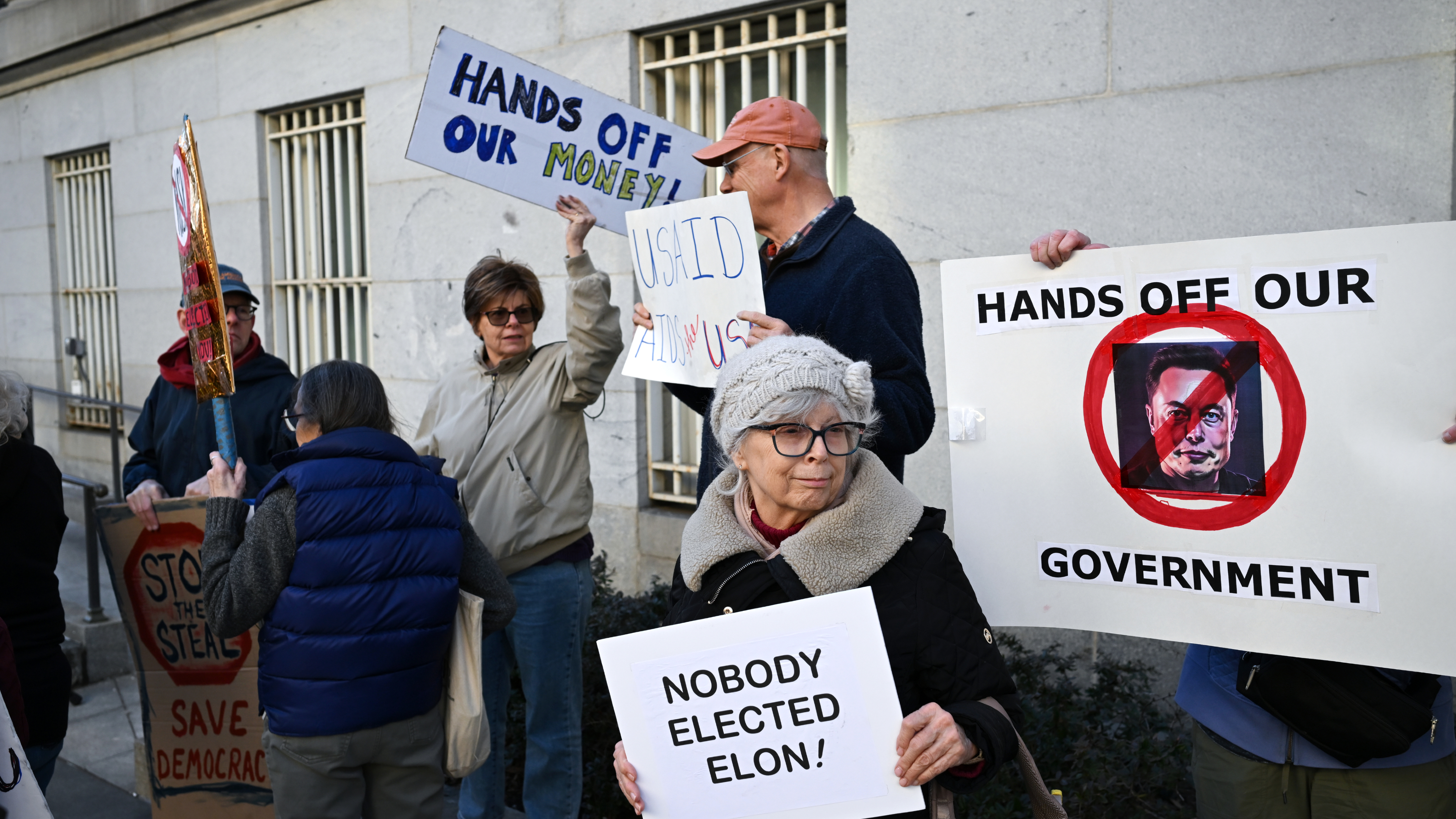 DOGE official at Treasury resigns after racist posts
DOGE official at Treasury resigns after racist postsSpeed Read Marko Elez's ability to access the Treasury's central government payment system has been rescinded
-
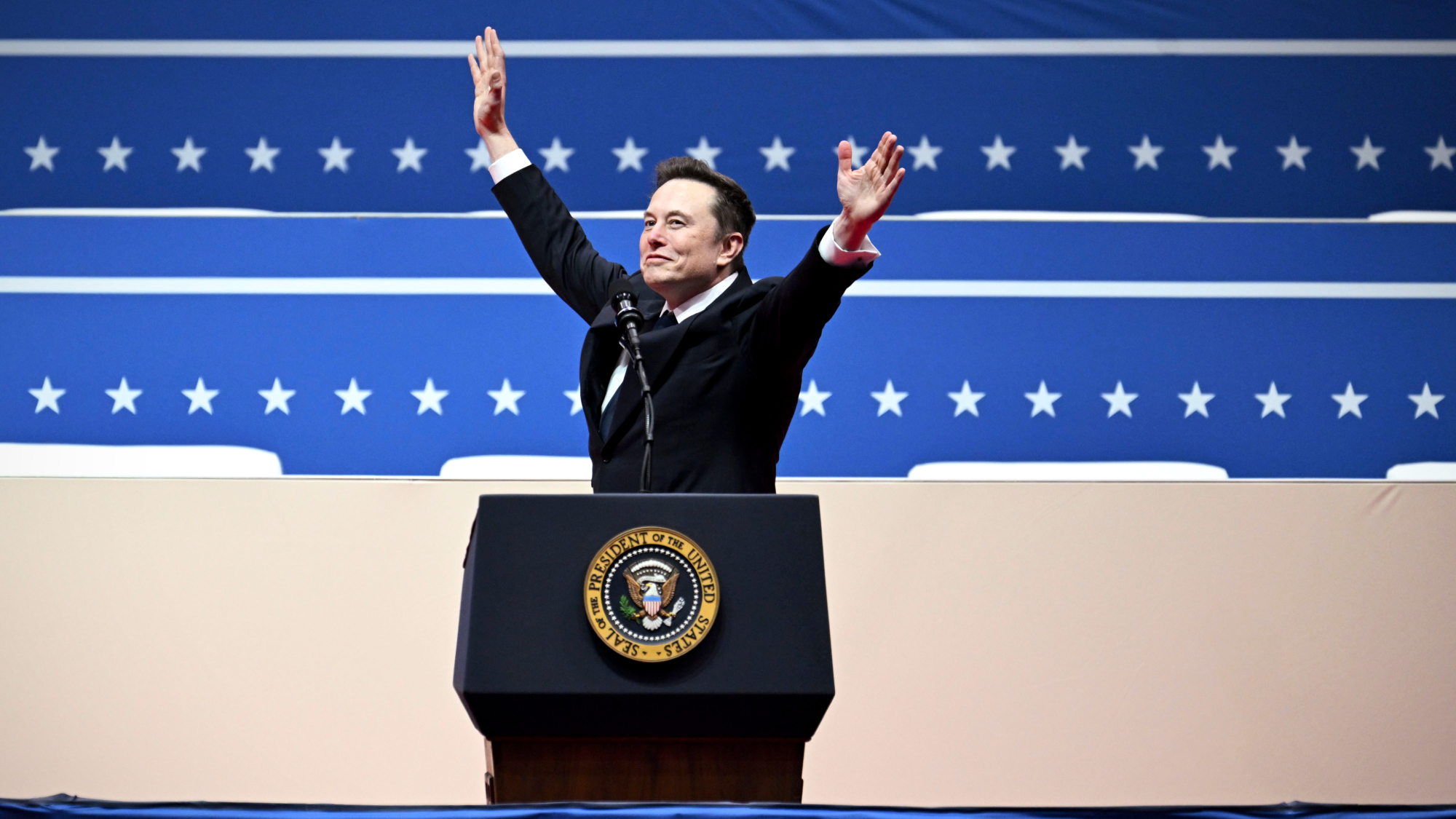 Elon Musk operatives access US payment system, aid
Elon Musk operatives access US payment system, aidSpeed Read The Trump administration has given Musk's team access to the Treasury payment system, allowing him to track and control government spending